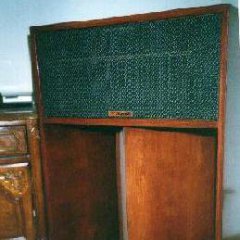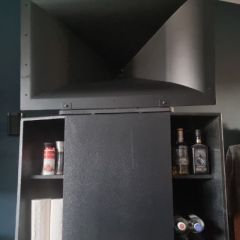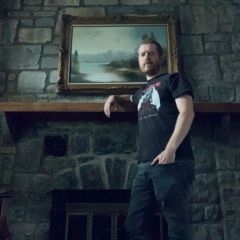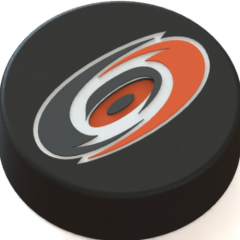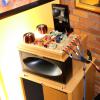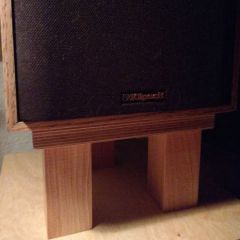-
Featured Topics
-
Klipsch (Chief Bonehead) & Ojas Speakers (Devon Turnbull) Collaborate Limited Edition Speaker - The Klipsch + Ojas kO-R1
By Travis In Austin, in Klipsch News
- 4 replies
- 451 views
-
- 80 replies
- 4679 views
-
La Scala AL6 Giveaway-Fundraising Campaign (9/29/24 Major Update) 1 2 3
By Travis In Austin, in Klipsch Museum: News & Announcements
- 52 replies
- 7928 views
-
- 12 replies
- 4193 views
-
- 2 replies
- 871 views
-
Klipsch Support Re: Heritage Crossover (pardonne-moi - crossover/balancing networks)
By Travis In Austin, in Technical/Restorations
- 1 reply
- 3014 views
-

.thumb.jpg.099887611a5004cbabdbaa71e611aee6.jpg)

